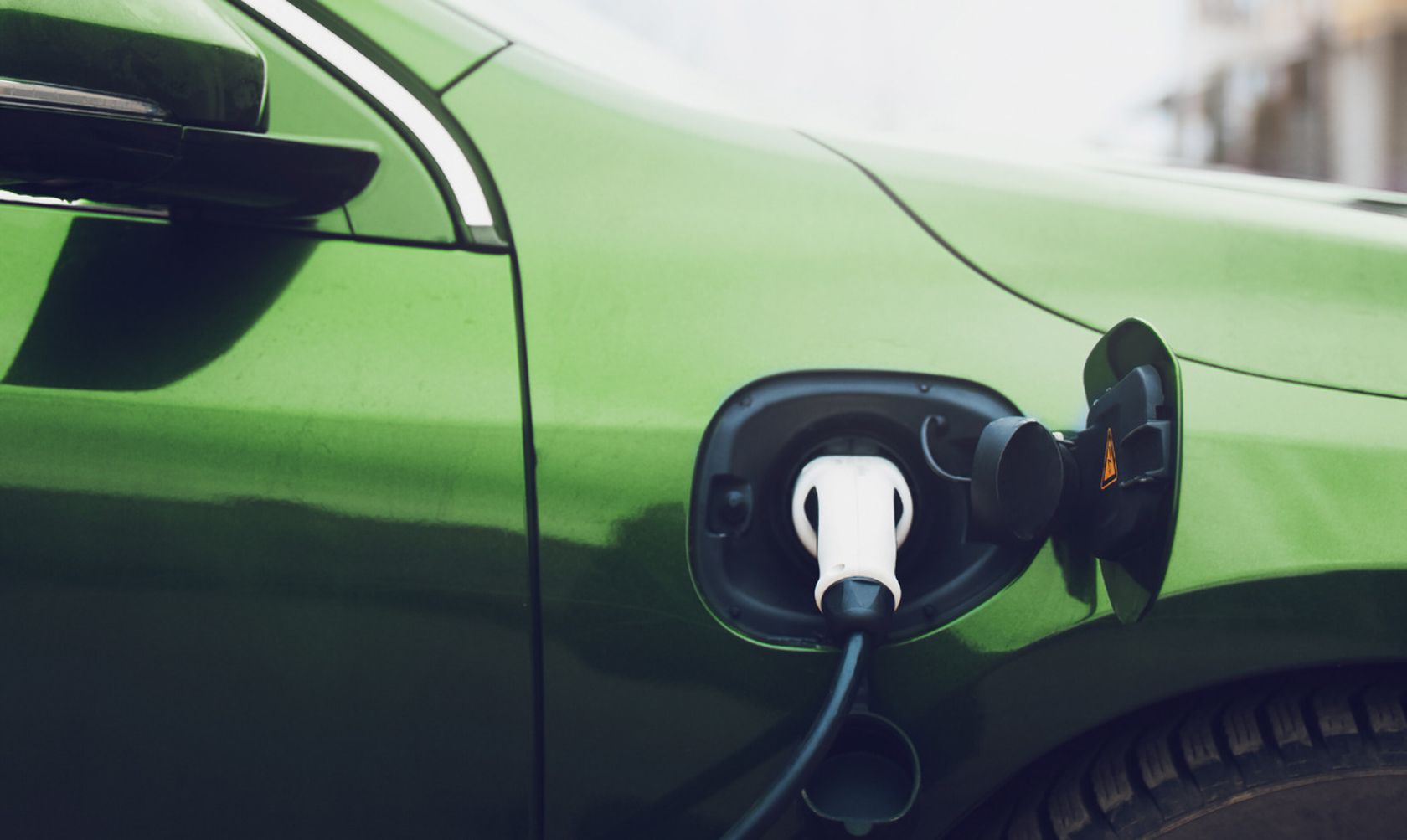However, it is a foregone conclusion that this will happen. Globally, according to analyst Sanford Bernstein's considerations from his essay on the electric revolution, electric vehicles are expected to reach 40 per cent of the market in 2025 and 80 per cent ten years later. Three constraints remain: the availability of raw materials for batteries such as lithium and cobalt, the security of the supply chain now heavily skewed towards China with all the geopolitical implications that this entails, and convenience. The automotive industry is innovating by placing more emphasis on battery recycling.
But it is still not enough. Government incentives are trying to close this gap, but this exacerbates the cost to the public purse. Falling battery prices may also prompt governments to reduce the current generous subsidies. This is the way of Great Britain: the British government recently announced that it would tax electric cars starting in 2025 in order to counteract the recession and thus equalise costs for all motorists. The strategy is similar to that already envisaged by other countries, which, in the face of the ecological push for the spread of battery-powered cars, fear that the revenue from taxes on fossil fuels and vehicle ownership will collapse.
And it also unleashes furious controversy in Brussels, where more than a few, led by Italy, are calling for a derogation from the total switch-off of endothermic cars, voted by the EU Parliament, by 2035, replacing it with a softer landing, based on the principle of technological neutrality that does not attribute the drive to reduce CO2 emissions solely to electric cars. While a delegation of Republicans from Wyoming, USA, even proposed a ban on electric cars from the same year. A proposal that was withdrawn under pressure from the Biden administration, which is instead aiming for more sustainable mobility.
 Alessandro Michaehelles, Head of Value Approach in Asset Management division at Banca Generali
Alessandro Michaehelles, Head of Value Approach in Asset Management division at Banca Generali



